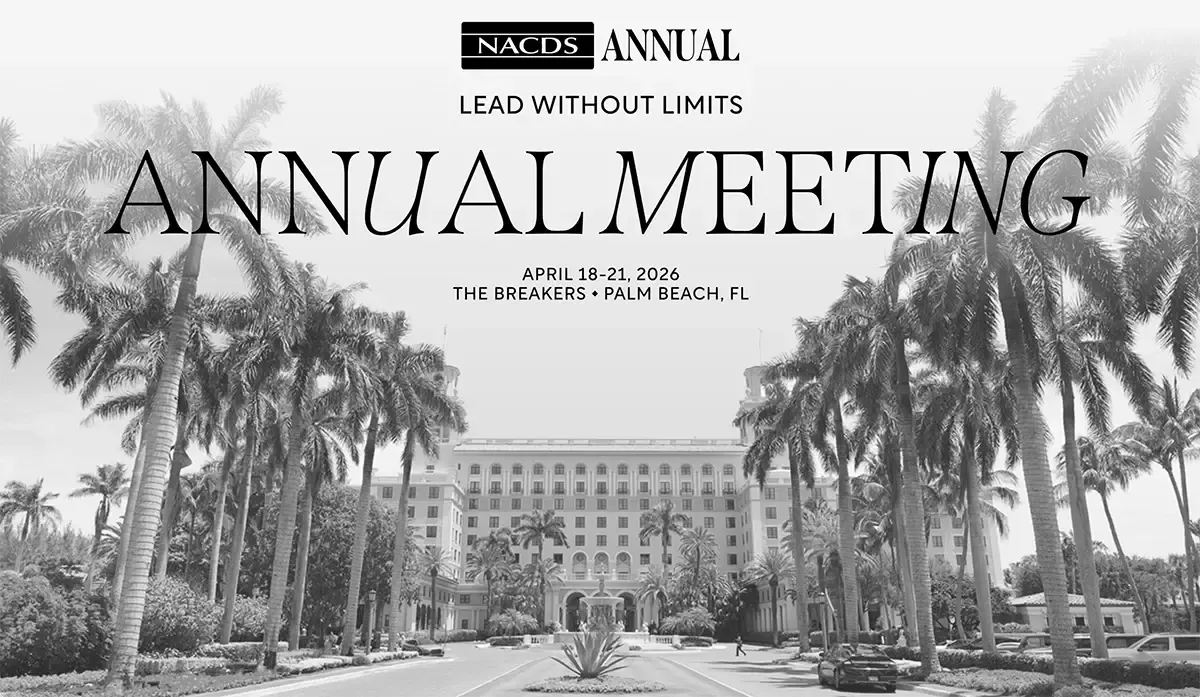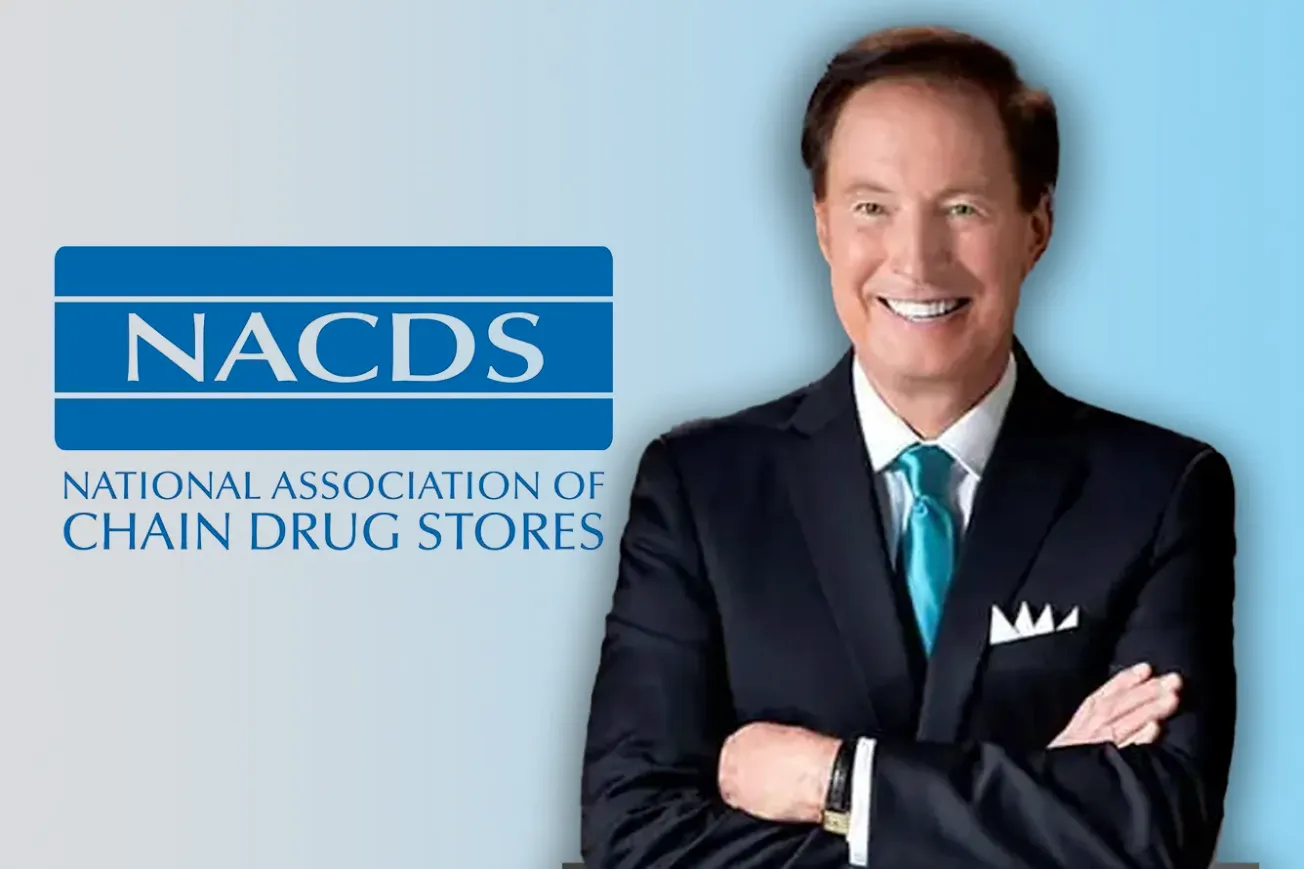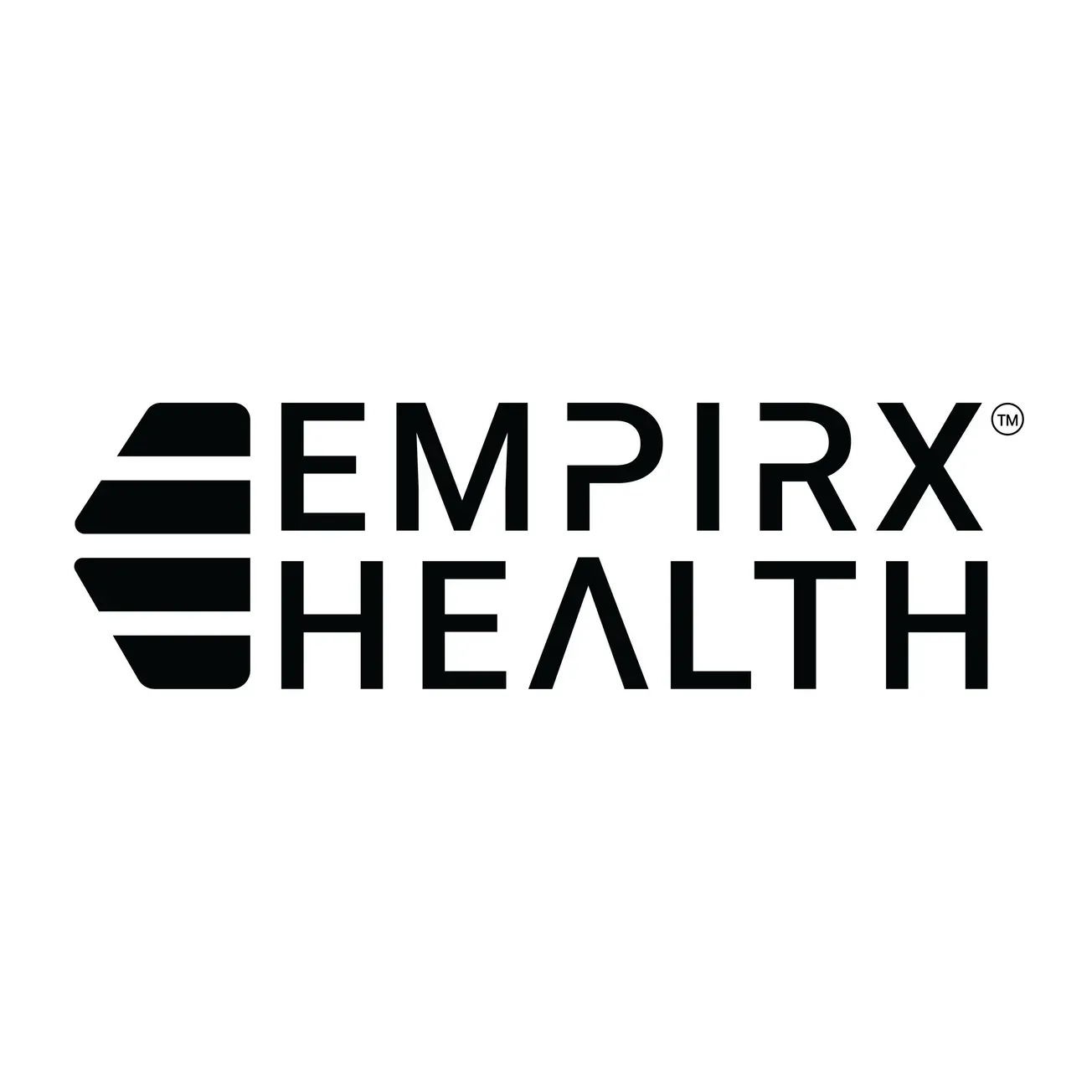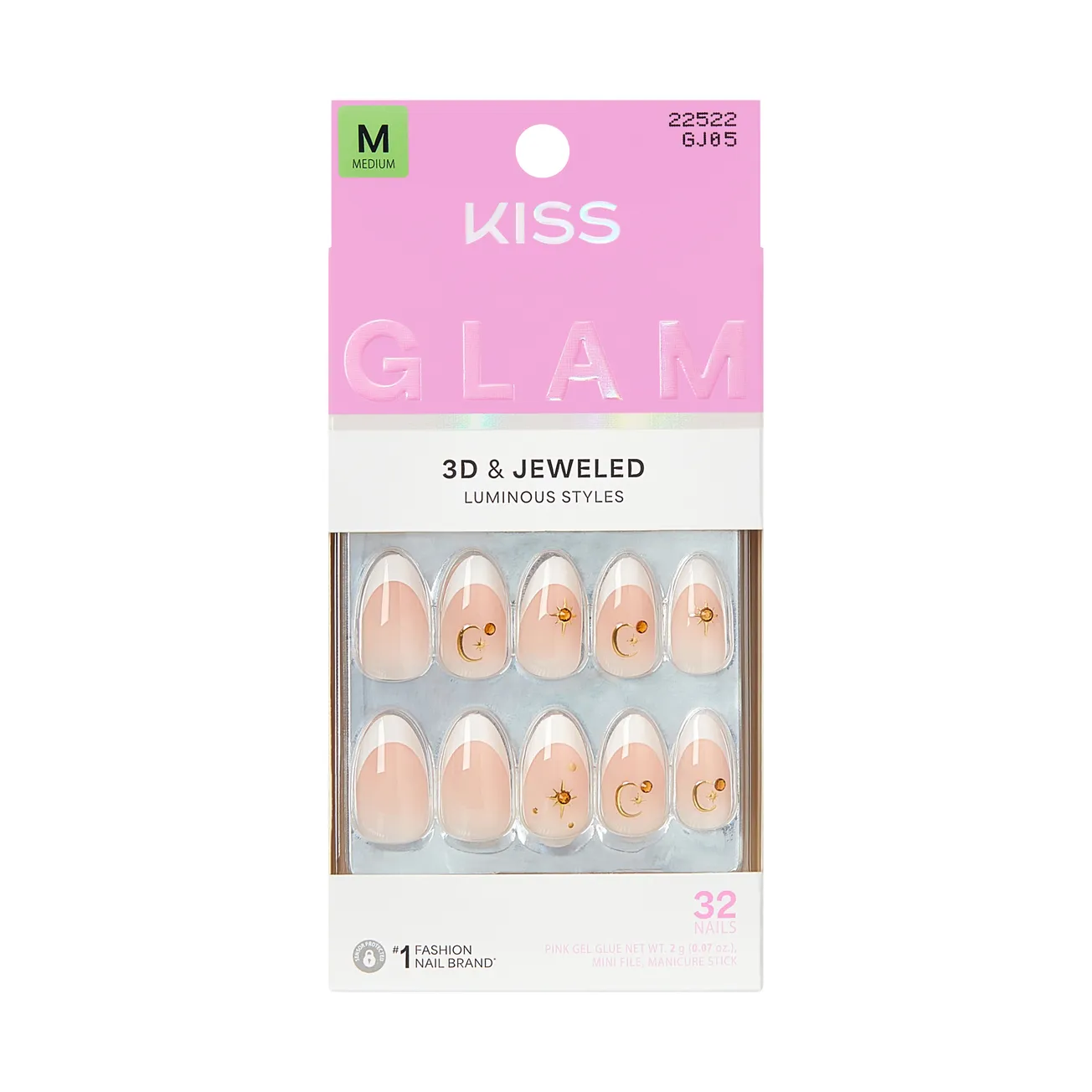WASHINGTON — A coalition of 11 biopharmaceutical companies has formed the Biosimilars Forum, described as the first nonprofit organization for expanding patient access to biosimilars in the United States.
The group said Tuesday that its founding members represent the majority of companies with the most significant U.S. biosimilars development portfolios, including Actavis, Amgen, Boehringer Ingelheim, Coherus BioSciences, EMD Serono, Hospira, Merck, Pfizer, Samsung, Sandoz and Teva.
Many of the Forum’s companies provide branded biologic products, and together they bring extensive expertise and experience in the science, development, manufacturing, regulation and clinical applications of biological medicines, according to the group. The Forum will provide evidence-based information to educate and advocate for public policies and practices that encourage access, awareness and adoption of biosimilars in the U.S. market.
Juliana Reed, vice president of global government affairs at Hospira has been elected as president of the Biosimilars Forum, with Hillel Cohen, executive director of scientific affairs at Sandoz serving as vice president. Geoffrey Eich, executive director of external affairs for Amgen Biosimilars has been named treasurer, and serving as secretary is Stacie Phan, director of state government affairs and public policy at Boehringer Ingelheim.
The Biosimilars Forum plans to submit a public statement about the need for appropriate coding for biosimilars to the Centers for Medicare & Medicaid Services (CMS) Healthcare Common Procedure Coding System (HCPCS) public meeting on May 7.
According to the Food and Drug Administration, a biosimilar is approved based on a showing that it is highly similar to an FDA-approved biological medicine, known as a reference product, and has no clinically meaningful differences in terms of safety, purity and effectiveness from the reference product. Using state-of-the-art technology and techniques, biosimilars are manufactured with the same strict standards as reference biologics. Biosimilars gain approval from the FDA based on the totality of evidence and on extensive comparisons to the reference product, including detailed analytical and biological assays, followed by nonclinical and pharmacokinetic/pharmacodynamic studies and then confirmation in a clinical setting.
The benefits from the use of biosimilars are significant, according to the Forum. In the European Union, where biosimilars have been approved for use since 2006, clinicians and patients have benefited from the use of millions of doses of biosimilar medicines. An analysis conducted by the Congressional Budget Office estimated that the introduction of biosimilars would reduce drug spending by roughly $25 billion over 10 years, saving the federal government nearly $6 billion.








